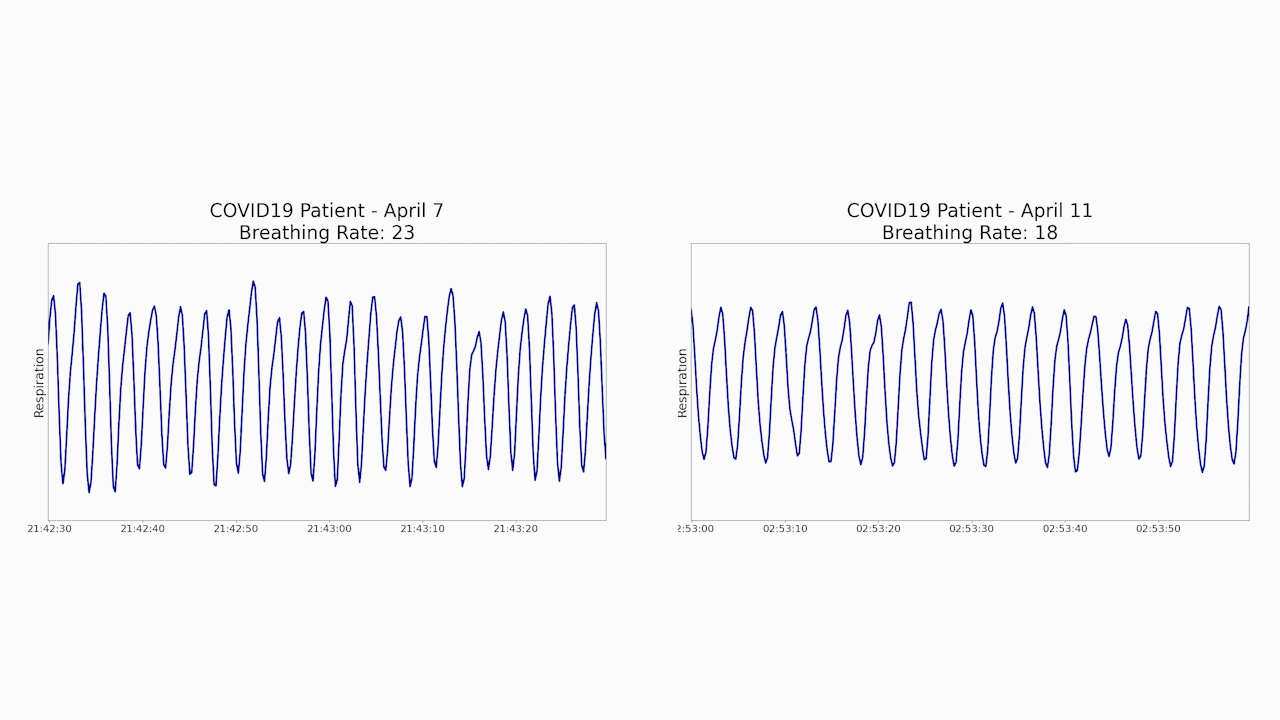MIT developed a wireless box that can detect COVID-19 patients’ movement and breathing at home
The COVID-19 pandemic has presented an unprecedented challenge for healthcare workers. Among the major challenges are social distancing issues, which have required novel approaches to diagnosing and treating illness.
For many who have already tested positive, home stays are the best option to avoid an already massively overtaxed hospital system in many areas and to avoid further infecting others. The question, then, is how doctors and nurses can continue to provide treatment remotely with the pronounced limitations of telemedicine.
MIT's CSAIL this week shed some light on ongoing trials it has been conducting on a new device designed to keep tabs on patients in their home. The opt-in system superficially resembles a Wi-Fi router, mounted to the patient's wall.
It utilizes wireless signals to detect a wide range of different activities, including patient movements, sleep patterns and even - most crucially - breathing. Emerald is able to distinguish between different people, using artificial intelligence to track movement.

The system is currently being tested at the Heritage Assisted Living facility outside of Boston. "It's clear that, with these high-risk elderly patients, they would greatly benefit from us being able to passively gather medical data over time when it is not possible to interface with each person directly," the facility's mental health chief William McGrory said in a release.
Asked why a wireless system is preferential to a simple wearable, a CSAIL rep told TechCrunch that the nature of the technology is "set it and forget it," requiring no interaction on the patient's part after initial set up.
